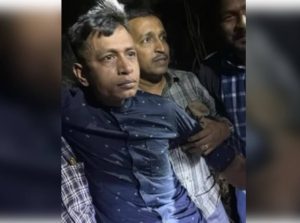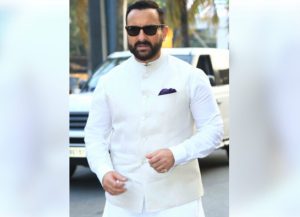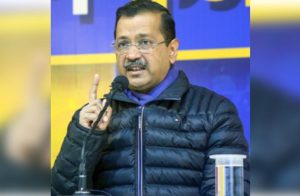No third-party interference when two adults marry, SC tells khap panchayats

Supreme Court (File/IANS)
New Delhi : In an unequivocal message that khap panchayats can’t act as the society’s “conscience-keepers”, the Supreme Court on Monday said that when two adults marry, no one can interfere with or disturb them.
“Nobody should disturb them. Nobody should try to create any kind of fear. In a marriage, no third party can have any say,” said the bench of Chief Justice Dipak Misra, Justice A.M. Khanwilkar and Justice D.Y. Chandrachud, telling the khap panchayats not to become self-appointed conscience-keepers.
“Whether it is parents, society or anyone, they are out of it. No one, either individual or collective, or group, has the right to interfere with the marriage,” Chief Justice Misra said.
The strong observation from the court came as counsel defending the role of Khap Panchayat told the court that they were not opposed to inter-caste or inter-religious marriages but were advancing the centuries-old tradition prohibiting marriages within the ‘sapinda’ or ‘gotra’ (lineage).
The court was told that the khaps were strongly opposed to honour killings.
But Chief Justice Misra told the counsel said that if something was illegal or prohibited under law, then the law and the court will take care of it and not the khap panchayat.
“Don’t be a conscience-keeper,” Chief Justice Misra said as counsel said that the khap panchayats are a “conscience-keeper”.
The court’s observation came in the course of the hearing of a more than seven year old plea by NGO Shakti Vahani urging the court to step in to curb the phenomenon of “honour killings” and the violation of human rights and dignity by extra-constitutional bodies like the khap panchayats.
In the last hearing of the matter on January 16, senior counsel amnd amicus curiae Raju Ramachandran had filed the suggestions to curb the tendency of interfering in the marriage of two adults and the court had also asked the Centre to examine them and give their views on them.
The court on Monday directed the listing of the matter on February 16 for further consideration of the suggestions.
IANS




